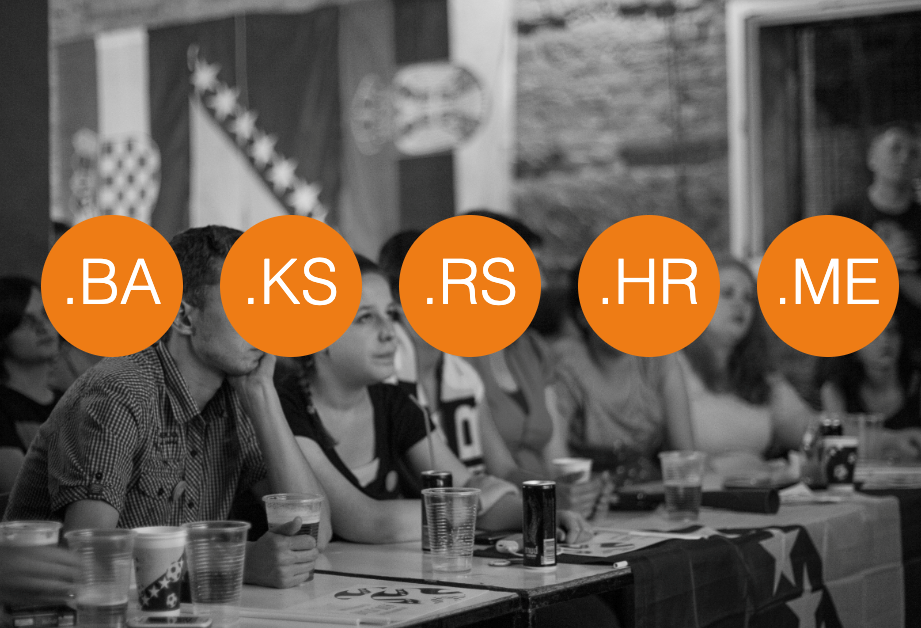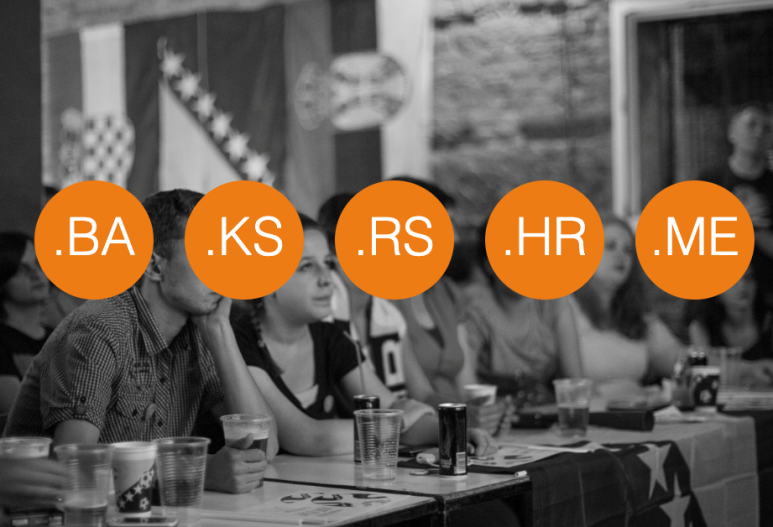22 October 2019
Country: Serbia
By: Ivana Jelaca

This year the Council of Europe’s “Vaclav Havel” award for human rights has been awarded to Youth Initiative for Human Rights (YIHR). The Youth Initiative for Human Rights is a network of organisations working in Serbia, Kosovo, Montenegro, Bosnia and Croatia on human rights, reconciliation process and facing the past.
However, like many other awards that have honored controversial initiatives, this news recieved no attention of the mainstram media in Serbia.
“This is the first time Vaclav Havel award was given to this region which is a strong message to the peacebuilding process in the Balkans”, says Ivan Djuric from YIHR Serbia who received an award on behalf of the network. Although the Serbian government claims that it is dedicated to peace-building in the Balkins, their actions often send the opposite message. Ethnic tensions are still a reality for many countries in the Western Balkans. Tabloid media only exacerbates this and often does not hesitate to use any opportunity to fuel hostility and even count war arsenals.
Despite of the more than two decades of work on reconciliation after the war, the process is still ongoing—with no end in sight. In an interview with MDI Western Balkans, Djuric emphasised that no matter how strong the efforts of civil society are (sometimes even successful) reconsiliation will only happen when political elites decide that it is time.
Jovanka Matic, prominent Serbian media expert and researcher, points out that organizations such as YIHR is a thorn in the eye of the Serbian government. ‘Although it tries to present itself differently, this regime is based on the continued incitement of ethnic tensions in the region, the negation or ignoring of war crimes committed by Serbian armed forces during the 1990s, the obstruction of the democratic development of the country.’
Serbia is on its path to integration into European Union and is very dedicated to this goal on paper. However, many democratic values are still not fully recognised; freedom of expression being just one of them. Media freedoms are in the sharp fall in the last few years. According to Reporters Without Borders, Serbia has fallen fourteen places on their list since to last year and is now marked an unsafe country. This all influences the way media treats different topics.
The regime, explains Matic, works to disable critical public speech. Therefore, the government didn’t want the public to know about the award honoring the organization that opposes many of its political figures. On the other hand, no one from the Serbian government publically opposed the Council of Europe’s decision because they tend to keep up appearances with European Union officials.
YIHR stands for peace, democracy, freedom and justice and insists on remembrance on victims of war crimes. It opposes publicly glorifying convicted war criminals (one of them is a Serbian MP) and works to improve relations between Albania and Serbia. It teaches young people human rights. Because of all this, the work of YIHR is being thwarted in many ways; tabloid media is labeling the organization as foreign payees, traitors and fascists linking it (negatively, of course) with George Soros and Albania.
Recently, another international peace award was given to Stasa Zajovic, founder and activist of Women in Black, an antimilitarist peace organization. When talking about exclusion of women from the media, media academic Snjezana Milivojevic, explained that the fact that media ignored this award is not just because they ignore smart and independent women. Stasa Zajovic, she reminds, has been one of the women who carried this peace antimilitary activism in Serbia during and after the war. ‘Patriarchal culture that is, in a way, directly linked to this military, aggressive politics doesn’t want to remember that activism or to recognise it even now, two and a half decades after the conflicts.’
Matic also reminds us of how Serbian media is selective when it comes to reporting on international awards. In the same time when Vaclav Havel award was ignored by the media, another award received large media attention: Chief Public Prosecutor Zagorka Dolovac’s Legion of Honour from France.
According to Matic, different treatment of the two major international awards is the expected result of the editorial policy of mainstream media who work as a strategic pillar of the government. Giving the French award to one of the most important figures of theSerbian Judiciary has been described in the media as a recognition of Serbian commitment to EU values. The award was reported without reporting on critical voices who are surprised that France awarded someone who is considered, by many, responsible for the major failures of the judiciary to prosecute numerous criminal cases of corruption.
Full respect and understanding of human rights remains a challenge in Serbia. Media could have a role in informing and educating citizens about human and civil rights but they still seldom do, and seem as if they would rather serve as a voice of the government and ruling party. However, it should change its tune to better prepare Serbian society for EU accession and adhering to principles and values of EU and democratic society.
Nenad Radoja
Contrary to popular belief, Lorem Ipsum is not simply random text. It has roots in a piece of classical Latin literature from 45 BC, making it over 2000 years old. Richard McClintock, a Latin professor at Hampden-Sydney College in Virginia, looked up one of the more obscure Latin words, consectetur, from a Lorem Ipsum passage, and going through the cites of the word in classical literature, discovered the undoubtable source.
